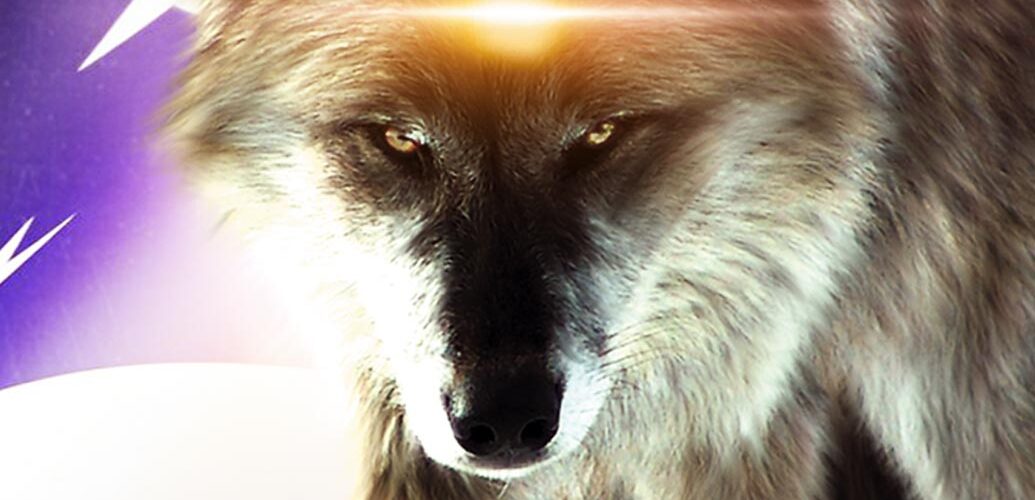The Northern Territory chief minister has reignited the Top End’s crocodile culling debate following an attack at a popular swimming spot.
A 67-year-old man is in a stable condition at Royal Darwin Hospital after a 2-metre saltwater crocodile attacked him on Monday at Litchfield National Park’s Wangi Falls.
It led Natasha Fyles to say that the NT should contemplate reintroducing culling, “considering the significant increase in the crocodile population”, and its “impact” on tourists and Territorians.
One of the Top End’s leading crocodile experts has described the Labor leader’s reaction as “knee-jerk” – a reminder that culling is a contentious topic.
Here’s a look back at its history in the Northern Territory.
There are currently around 100,000 saltwater crocodiles in the NT, according to croc expert Professor Grahame Webb — a number he says would have been consistent pre-colonisation.
It wasn’t until after World War II that it started to drop.
“They were hunted at various times through the 1920s … and some people tried to sell some skins, but it was really after the war in 1946 that the demand for crocodile skins worldwide went right up,” Professor Webb said.
“Everyone thought it was tremendous, because the social licence was to get rid of crocs, they were a pest and a predator.
“And you got paid to do it. You had a little industry, and industry in the north was pretty scarce at that time.”
Professor Webb said hunting ramped up so quickly, that crocodiles became scarce.
“Some animals can be hunted for centuries without their populations being adversely affected, they can compensate,” he said.
“But with crocs, the hunting was just too severe. Every single animal that anyone could catch was caught.”
By 1971 “they were a rare animal”, reduced to “1 or 2 per cent of what was there originally”, Professor Webb said.
It led to pressure “mainly from the hunters” to protect crocodiles.
“[The hunters] were really worried that their resource was just disappearing,” he said.
“There were only a couple of major hunters left.
“And even they were working in the deepest swamps, where the weekend hunters couldn’t get to.
“And that’s how it went — the rest is history.”
A hunting ban was established for the animals in 1971, and by 1980, “it was obvious that a major recovery was taking place”.
“The population had already gone up to maybe 30 to 40 per cent of what there was historically, but they were mainly immature animals still,” Professor Webb said.
“Then it just kept increasing.
“An indication that the population has stabilised has been obvious for at least the last 10 years.”
Between 2005 to 2014, 15 people were killed in crocodile attacks in the NT.
Since 2014, there have been two fatal attacks, both in 2018.
The NT government runs crocodile management programs across the Top End, aiming to reduce the likelihood of attacks, with 273 problem reptiles removed from waterways last year.
But following Monday’s non-fatal attack at Wangi Falls, and a sighting near Bitter Springs last week, Chief Minister Natasha Fyles said a conversation “needs to be had” about the reintroduction of culling.
Professor Webb said it’s “not the answer”.
“Whenever there’s an attack that gets a lot of media attention, like this one, politicians are often advised to make knee-jerk reactions,” he said.
“We have enough governmental problems in the Northern Territory as it is, without the rest of the world turning on one of the world’s most famous management programs and tearing that to pieces.”
The chief minister said she will be “formally contacting the Commonwealth” to raise the prospect of culling in the territory.
A spokesperson for the federal environment department said it is up to state and territory governments to manage their crocodile populations, including for human safety.
However, the saltwater crocodile is a protected species under federal legislation, which means any culling or population management of saltwater crocodiles must not be detrimental to the conservation of the species.
Subscribe: http://ab.co/1svxLVE
Read more here: https://www.abc.net.au/news/2023-07-12/should-crocodile-culling-be-reintroduced-in-the-nt/102588160
ABC News provides around the clock coverage of news events as they break in Australia and abroad, including the latest coronavirus pandemic updates. It’s news when you want it, from Australia’s most trusted news organisation.
For more from ABC News, click here: https://ab.co/2kxYCZY
Watch more ABC News content ad-free on ABC iview: https://ab.co/2OB7Mk1
Go deeper on our ABC News In-depth channel: https://ab.co/2lNeBn2
Like ABC News on Facebook: http://facebook.com/abcnews.au
Follow ABC News on Instagram: http://instagram.com/abcnews_au
Follow ABC News on Twitter: http://twitter.com/abcnews
Note: In most cases, our captions are auto-generated.
#ABCNews #ABCNewsAustralia

